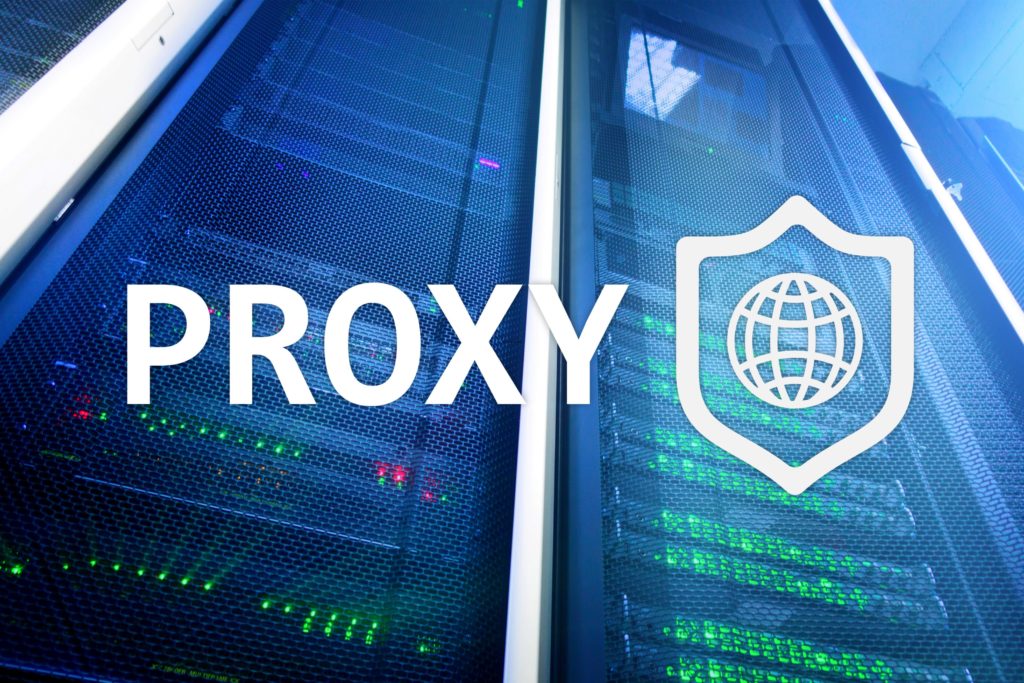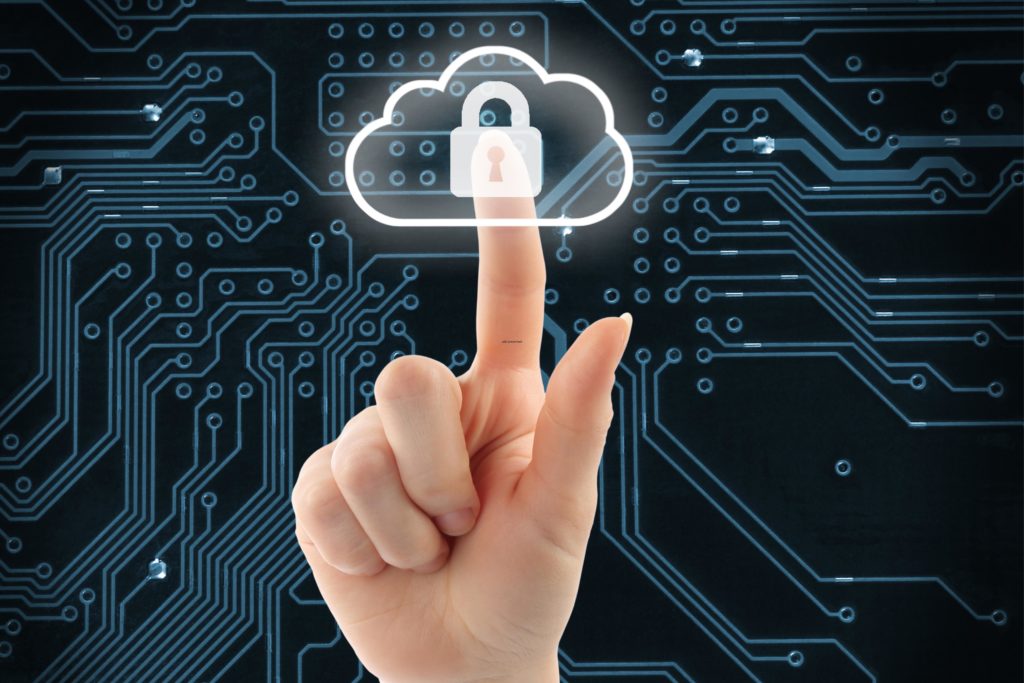Today Private Cloud Security is a well-known topic in the IT security world. Private Cloud Security is the measures to protect data and resources within a private cloud computing environment. Companies or organizations may choose to use a private cloud for increased control and customization of their infrastructure. This article will discuss the drawbacks and benefits of Private Cloud Security.
What is Private Cloud Security & Why Is It Important

Private cloud security is a top concern for businesses of all sizes. While the public cloud has become increasingly secure, private clouds still have some vulnerabilities that must be addressed. One of the biggest risks to private clouds is malware attacks. There are various ways that malware can enter a system, and once it’s inside, it can wreak havoc on data and applications.
To protect your business from malware, understand the different types of attacks and how they can be prevented.
A denial of service (DoS) attack is one type of malware attack. This attack occurs when malicious traffic overwhelms a normal traffic flow to a website or application. This can cause the site or application to become inaccessible to legitimate users.
Another type of malware attack is known as a phishing attack. This occurs when attackers send out emails that appear to be from a legitimate source but are designed to trick users into clicking on malicious links or attachments. Phishing attacks can lead to the theft of sensitive information, such as passwords or credit card numbers.
Ransomware is malware that encrypts files on a victim’s computer and demands payment to decrypt them. Ransomware attacks can be extremely devastating, as they can prevent access to critical data and systems. Private cloud security is essential to protect your business from these attacks.
More: What is SpyWall – A Complete Guide
Benefits of Private Cloud Security

In cybersecurity, private clouds have become a popular target for attackers. Private clouds are now the most common attack target, accounting for nearly 60% of all attacks. This is because private clouds offer a more lucrative target for attackers, as they often contain sensitive data and information.
There are several benefits to using a private cloud security system.
For one, private clouds offer a higher level of security than public clouds. This is because private clouds are more difficult to penetrate, as they often have stronger security controls.
Private clouds offer a more flexible security model, as they can be customized to fit an organization’s specific needs.
Private clouds offer more control over data and information, allowing organizations to define who has access to what data.
As a result, private clouds offer several benefits that make them an attractive option for organizations looking to improve their cybersecurity posture.
More: Introduction to NIST Security System & How It Works
Drawbacks of Private Cloud Security

There are several potential drawbacks to private cloud security.
One is that the security measures used to protect data in the cloud may not be as effective as those used in traditional data centers. For example, traditional data centers typically have physical security measures to prevent unauthorized access, while clouds often rely on virtualization and other software-based security measures. This can make it easier for an intruder to access cloud-based data.
Another potential problem is that cloud-based data may be more vulnerable to malware attacks. This is because malware can be easily spread through a network of connected computers, and the cloud provides a convenient way for computers to share data. If one computer in the cloud becomes infected with malware, it can quickly spread to other computer systems. This can result in a large-scale malware outbreak that could cause significant damage to sensitive data.
Finally, private cloud security may also be subject to legal and regulatory scrutiny. In some cases, government agencies may require access to data stored in the cloud or place restrictions on how it can be stored or accessed. This could create difficulties for organizations that need to comply with these regulations.
Overall, private clouds offer many advantages, but some potential security risks should be considered before using this system. By understanding these risks and taking steps to mitigate them, organizations can help ensure that their data is safe and secure in the cloud.
More: 5 Types of Malware Attacks [How to Prevent Them]
Private Cloud Security VS Public Cloud Security
Regarding cloud security, there are two main options: private and public clouds.
Private cloud security is when a company uses its servers and networks to store data and applications. Public cloud security is when a company uses somebody else’s servers and networks, such as Amazon Web Services or Google Cloud Platform. Each has its advantages and disadvantages when it comes to security.
Private clouds are more secure because the company has complete control over who has access to the data and how it is stored. Private clouds can be more expensive to set up and maintain and less flexible than public clouds.
Public clouds are less secure because the data is stored on somebody else’s servers, which means that the company has less control over who has access to it. Public clouds can be cheaper and more flexible than private clouds.
So, which is better? It depends on your needs. If security is your primary concern, you should use a private cloud. If cost or flexibility is your primary concern, you should use a public cloud.











